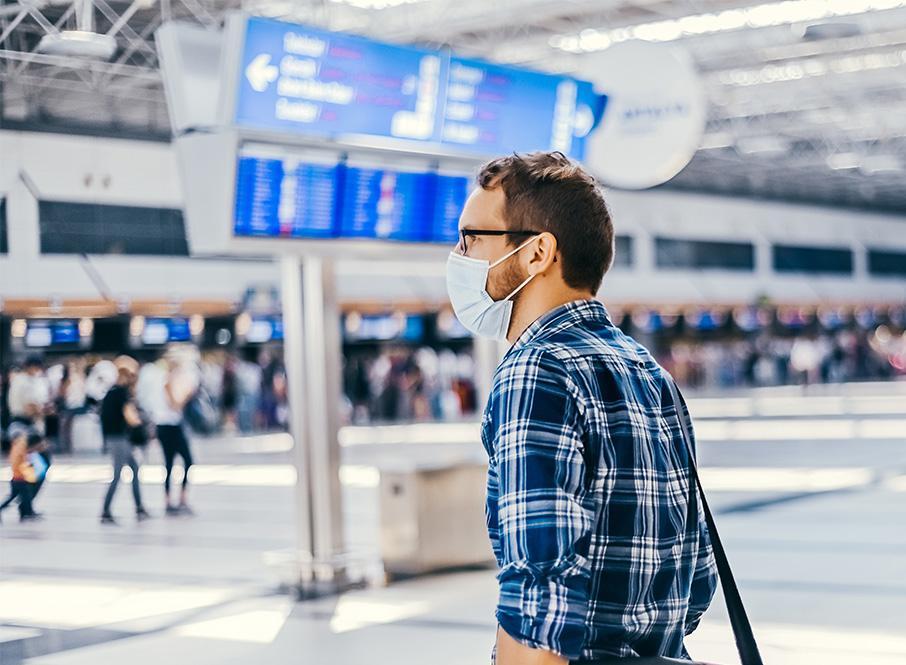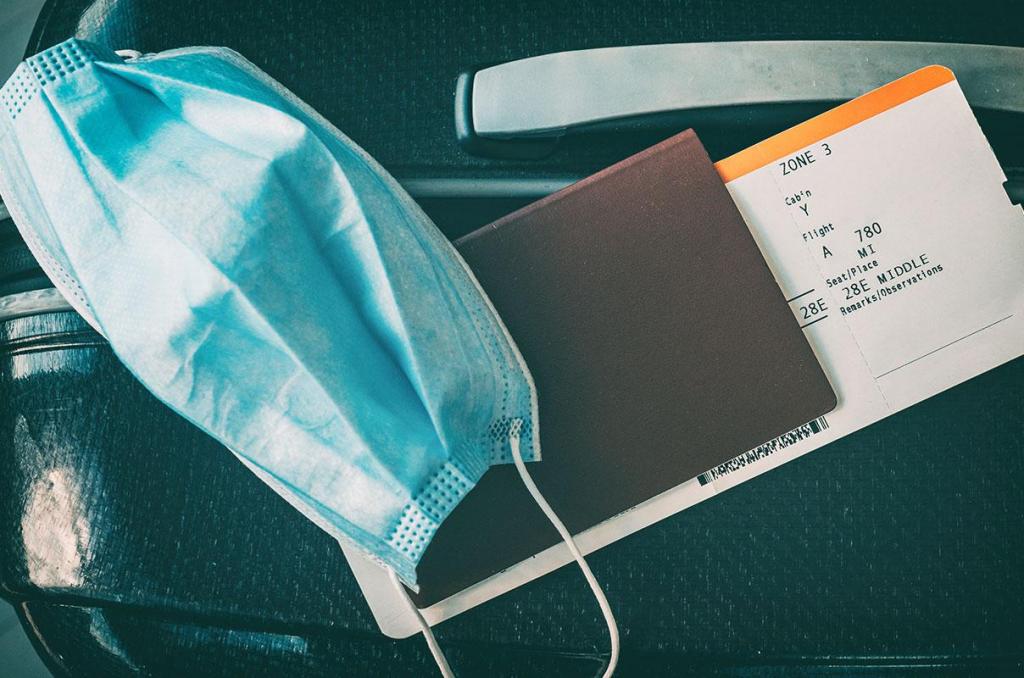
What does risk assessment mean, and why is it important?
When it comes to business travel, carrying out risk assessment is a crucial factor that is all too often overlooked by employers. It essentially involves analysing a number of factors that are in some way connected to any one individual trip, and indeed the individual(s) embarking on said trip.
If a risk assessment is not carried out, and some sort of harm comes to an employee, the company could potentially be sued for negligence.

When should a pre-travel risk assessment be carried out?
First things first: while as a business you’re free to carry out a risk assessment for any sort of employee travel, it’s often not necessary. For example, if an employee needs to head across town to meet a new client, this is technically classified as business travel, but if there is no reason to expect anything out of the ordinary to happen, as with the case in point, it would be a waste of time to perform a full analysis, and there certainly wouldn’t be any legal expectation to do so.
Conversely, if an employee is embarking on a trip that will see them encounter a completely different environment to the one they’re used to, it might be worth considering what associated risks might come into play.
How should a pre-travel risk assessment be performed?
Simply put, the higher the level of perceived risk, the more thoroughly a risk assessment should be carried out. Use discretion and use common sense: the depth of analysis should correlate directly with the potential for harm. If an employee, for some reason, is travelling overland for 17 days through a malaria-ridden warzone, clearly you would need to spend considerable time reviewing and assessing that situation.
There are two key areas of analysis when it comes to risk assessment, should it be necessary: the individual and the external environment.

The individual
Without crossing privacy boundaries, it’s important to have a good understanding of the physical and mental state of the individual who will be travelling.
In terms of their physical state, you should ideally be aware of things like heart conditions and allergies, and be wary that nothing they’ll be doing could exacerbate such things. If the employee uses a wheelchair or is less able in some manner, you should ensure things like their hotel is accessible, and that they are able to get around sufficiently in-destination.
Similarly in terms of mental health, if an employee discloses, for example, they are likely to suffer panic attacks in crowded places, you might want to reconsider that plan to send them to New Delhi.
The best way to gather such information without prying is to ask employees to fill out a pre-travel questionnaire, to give them the opportunity to disclose any relevant information if they feel it’s warranted.
The environment
Just as crucial is to carefully review the environment the employee will be encountering.
Key things to consider include:
Modes of transport
If they are flying, ensure the airline meets basic safety criteria, and isn’t blacklisted from Westernised regions or countries. If they are driving in-destination, be aware of general road conditions and safety, and be prepared to advise or make alternative arrangements if needed.
Natural disasters
Clearly, if a country or region is undergoing some kind of abnormal natural event, like an erupting volcano, or hurricane, proper precautions will need to be taken to ensure such things won’t cause danger to the traveller.

Diseases and viruses
Particularly if travelling to tropical regions, or developing countries, it’s important to be aware of anything that could have an adverse effect on the health of the employee. It may be necessary to organise vaccinations, or antimalarial medication and the like.
Conflict and terrorism
If a country is undergoing some kind of civil strife, or the risk of terrorism is particualrly high, this should be accounted for when planning the trip, and advice should be provided to the employee geared towards keeping them safe.
Climate
If the destination is much warmer or colder than that in which the employee lives, they should be advised accordingly, so they can ensure they pack appropriately and protect themselves from the elements.
What is meant by employee duty of care?
Employee Duty of Care is of paramount importance, and refers to the protocol a company has in place to ensure the wellbeing of any given employee, especially when travelling for work. If a company is shown to have failed in its duty of care, an employee could sue the company for negligence.
Lastly, it’s essential that any employee has full travel insurance before travelling overseas. It’s up to the company as to whether the employee organises that, or the company itself. Insurance should cover anything and everything the employee is partaking in. For example, if on a team-building exercise in North America, which involves taking to the slopes for a day, proper winter sports insurance should be in place.